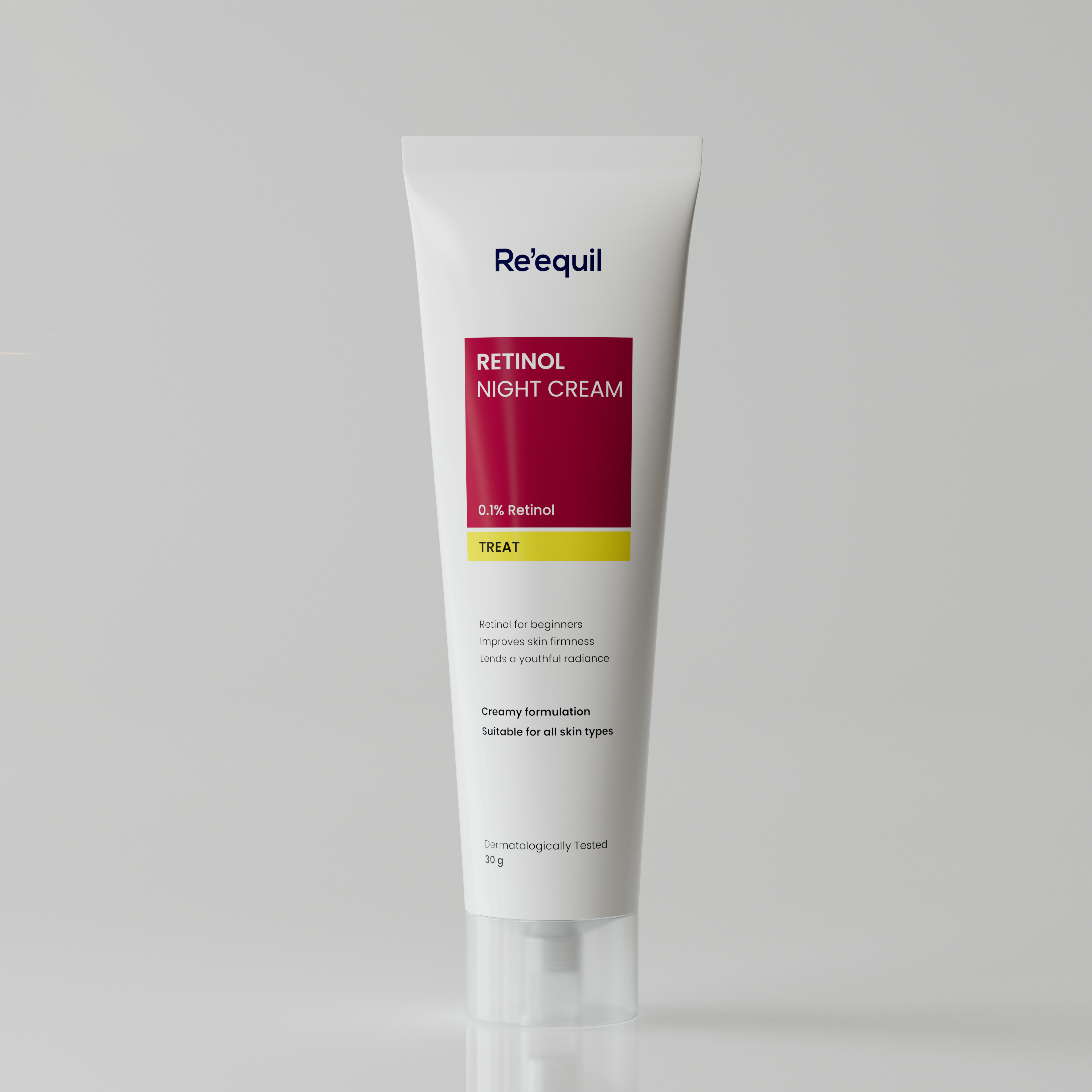It is natural to feel frustrated when dark spots on your face do not fade away with time. Hyperpigmentation is a very common skin condition in which dark-colored patches develop on the skin. It is also known as brown spots, age spots, dark spots, and melasma or mask of pregnancy. Hyperpigmentation makes your skin look uneven on the surface. Several psychological studies have reported that people dealing with skin pigmentation or dark patches experience low esteem and poor self-image. We really empathize with what you must be going through. Cheer up! there are numerous effective ways to attain the glowing and flawless complexion of your dreams. Numerous clinical research studies have claimed that the use of topical ingredients like glycolic acid, vitamin C, and niacinamide is quite effective in the treatment of hyperpigmentation.
Major Causes
- Sun damage
- Post-inflammatory hyperpigmentation
- Melasma
1. Sun damage
In most cases, hyperpigmentation is caused by unprotected sun exposure. The UV rays stimulate the pigment cells i.e. melanocytes to make melanin which finally causes hyperpigmentation.
2. Post-inflammatory hyperpigmentation
Post-inflammatory hyperpigmentation is characterized by brown or black spots on the skin. It occurs after the acne infection, inflammation, or skin injury.
3. Melasma
It is also called the mask of pregnancy. Melasma is the most common type of skin pigmentation that usually affects pregnant women. Hormonal changes during pregnancy result in increased melanin production which appears as grey or brown spots on the face. Dermatologists explain that unprotected sun exposure is also a significant cause of melasma.
Tips to prevent hyperpigmentation or dark patches
- Wear a broad-spectrum sunscreen
- Keep your skin hydrated
- Consider using glycolic acid
- Nourish your skin with niacinamide
- Stop popping your pimples

1. Wear a broad-spectrum sunscreen
Dermatologists explain that wearing a broad-spectrum sunscreen is the most important part of hyperpigmentation treatment. Unprotected exposure to UV rays triggers melanin production in your skin. Broad-spectrum sunscreens with zinc oxide & titanium dioxide block UVA and UVB rays from penetrating into your skin. In addition, wearing sun-protective clothing and avoiding sun exposure during peak hours ( 10 am - 2 pm) is also important to get rid of hyperpigmentation.
2. Keep your skin hydrated
A research study published in the International Journal of Biological Macromolecules has demonstrated that topical use of hyaluronic acid helps in skin regeneration and rejuvenation. Another study has elaborated that hyaluronic acid improves cell turn over which prevents age spots and skin pigmentation. It has been observed that the use of Ceramide & Hyaluronic Acid-based moisturizers helps to improve the skin complexion and skin barrier function.
3. Consider using glycolic acid
Glycolic acid has been identified as one of the most effective natural ingredients to treat severe melasma, dark patches, and post-inflammatory hyperpigmentation. It is the most common type of AHA (alpha-hydroxy acids). A research study published in the Journal of Cutaneous and Aesthetic Surgery that AHA's are used in the formulation of hyperpigmentation products. AHA's are natural chemical exfoliants that slough off dead cells from your face, ultimately revealing a fresh skin layer. With the regular use of AHA's based skin care products, people have observed a noticeable change in their complexion and skin texture. Not only this but AHA's also give anti-aging effects to your skin.
4. Nourish your skin with niacinamide
According to a research study mentioned in British Journal of Dermatology, 5% concentration of niacinamide has significantly helped to improve hyperpigmentation in just 4 weeks. Niacinamide is the form of vitamin B3 which has an incredible impact in diminishing the dark patches from the face. Being a potent source of antioxidants, it helps to give you a youthful and glowing appearance. Scientific research studies reveal that niacinamide helps to reinforce the skin barrier, ultimately saving you from premature skin aging.
5. Stop popping your pimples
A board-certified dermatologist explains that scratching pimples can harm your skin in many ways. Touching your face so often can worsen your skin inflammation which finally results in darker patches and acne scars after the pimple healed completely. Hence, try to keep your hands off your face to prevent hyperpigmentation.

Patience, diligence, and precautions are the most important things to consider during skin pigmentation treatment. It is believed that hyperpigmentation is a dermatological concern that can't be cured permanently. However, skin care experts explain that the use of good topical products and sun safety measures are the much-needed things to attain even skin tone. Leave the worries behind. It's time to realize that you are just one step away from glowing skin.

























